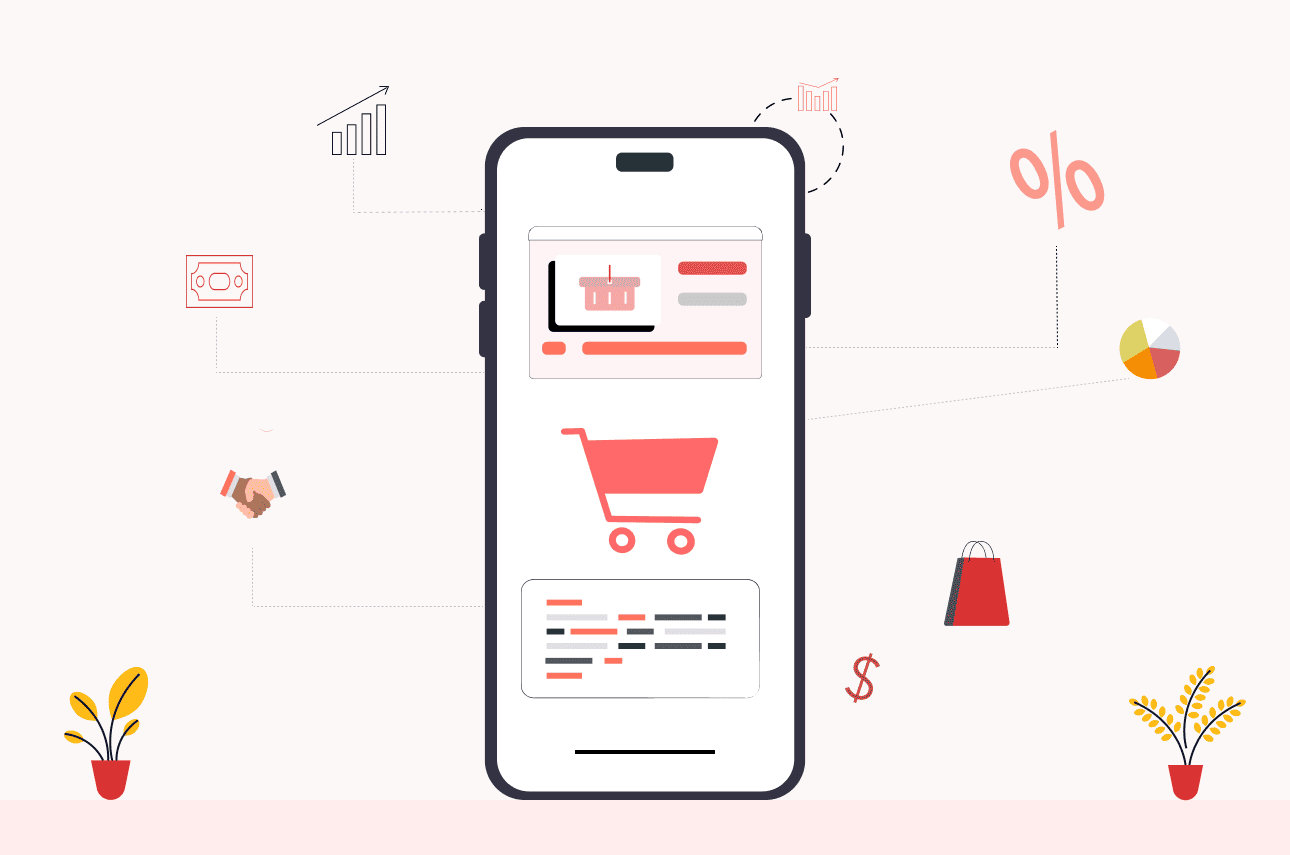Introduction
The global eCommerce landscape experienced notable shifts in trends due to the COVID-19 pandemic, emphasizing the criticality of mCommerce in establishing a thriving business.
As physical retail stores faced closures, consumers quickly turned to online platforms to fulfill their shopping needs, leading to a significant surge in demand. Consequently, their expectations for online services have substantially heightened. Through extensive research on the latest reports and industry statistics regarding eCommerce trends, we have identified the advantages that businesses can gain by developing their own mCommerce app. In light of this, we are prepared to outline the reasons why creating a mobile app is crucial for businesses in 2023.






